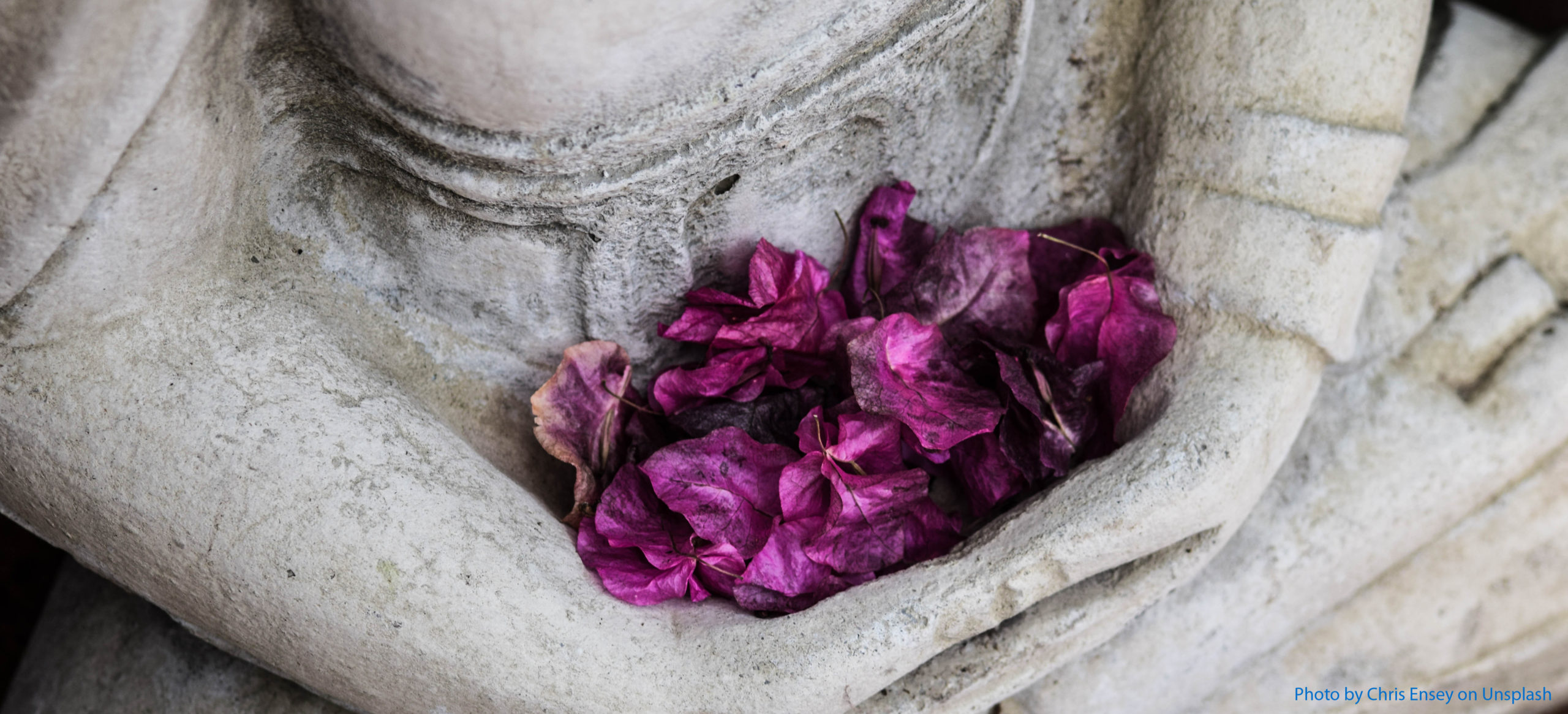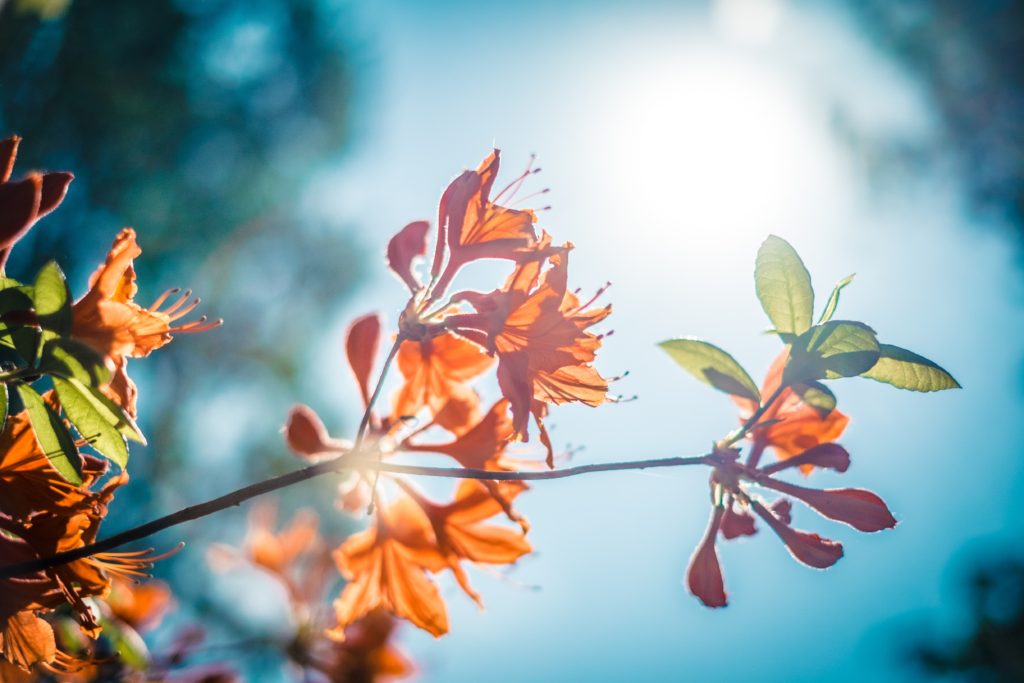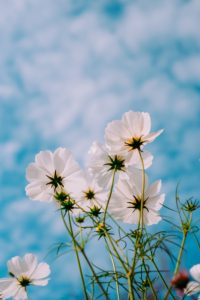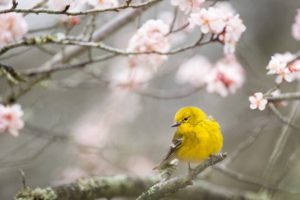It can be a challenging time to let go of the Summer. Embracing the prospect of cooler weather can take a little effort.
Fitting then, that Autumn is a time of letting go. Leaves falling, fresh produce being harvested. A time for gathering reserves.
The Autumnal Equinox is almost upon us, which we can consider the official start of Autumn. Therefore, time to clear and reset. An opportunity to release what is no longer needed and bring in some new and beneficial practices.
In Chinese Medicine, Autumn is the time of the lungs and large intestine. So this is also a good metaphor for these organs and their function.
If our health is out of balance, Autumn is a time when some lung and large intestine symptoms may become more pronounced. For example, respiratory issues such as sinus and hay-fever, can spike at this time. So too can digestive issues.
The dryness of the air, that is typical of this season, can bring about symptoms such as raspy coughs, dry nasal passages, itchy skin and constipation.
Any residual health concerns left over from the heat of summer can become nagging chronic issues, moving into the cooler months.
It is important to stay active and flexible in Autumn. Exercises that combine breath and meditative practices, such as Qi Gong and Yoga are useful at this time. So too, are making dietary changes to support the organs of Autumn.
Harvest season offers a wide variety of fruit and vegetables. Introducing slower cooking methods and slightly warmer foods are beneficial to build immunity.
Chinese Medicine, through diet and lifestyle recommendations, acupuncture and herbal support can help us move through the change of the seasons with more ease.
This is a time to celebrate the Autumn and all the goodness it has to offer.







